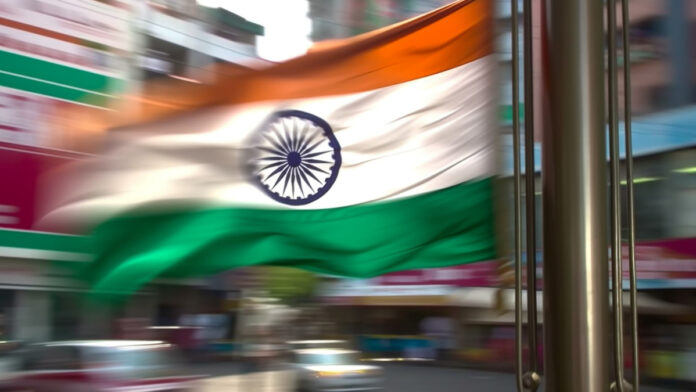The current duopoly in the Indian telecoms market is simply down to deep pockets, at Jio and Airtel, says the government; it wants more competition and has reiterated support for challengers Vodafone Idea and BSNL
In sum – what to know:
Market diversity – India’s duopoly in telecom is driven by capital needs, not policy, says government minister for communications.
Vi, BSNL in focus – The state converted part of Vi’s dues into equity and continues backing BSNL’s turnaround, which is slowed by its focus on indigenous technology development.
The role of 6G – India plans to lead in 6G standard-setting, having already contributed 10% of global standards and filed 200 patents.
India’s current telecom market structure, dominated by local carriers Reliance Jio Infocomm and Bharti Airtel, is a result of capital-intensive dynamics rather than intentional government policy, according to Chandra Sekhar Pemmasani, Minister of State for Communications.
Speaking at the India Mobile Congress (IMC) 2025 roadshow in Bengaluru, Pemmasani addressed concerns around market competition, suggesting the existing duopoly reflects the ability of two major players to raise and deploy capital at scale. “The duopoly has not been created intentionally by anybody,” he told local press. “Telecom requires massive capex.” He also credited both Reliance Jio and Bharti Airtel for effectively using their resources to expand infrastructure and support the rapid rollout of 5G services across the country. “They have enabled the fastest 5G rollout in the world,” he said.
At the same time, Pemmasani reiterated the government’s support for other telcos in the sector, particularly Vodafone Idea (Vi) and Bharat Sanchar Nigam (BSNL), which both face financial and operational challenges. “Our goal is not to have only two players. We need four to five telcos.”
As part of efforts to stabilize Vodafone Idea, the government converted approximately INR369.5 billion ($4.3 billion) of the company’s liabilities, outstanding from the last national spectrum auction, into equity – effectively becoming a shareholder in the company. Despite this move, Vodafone Idea continues to seek additional support. “It still has problems and keeps seeking government support. We continue to accelerate,” Pemmasani said.
Regarding BSNL, Pemmasani acknowledged that progress on the state-owned operator’s turnaround has been slow. He attributed the delays in part to BSNL’s focus on developing locally-developed telecom gear. “BSNL’s revival is taking longer because we are also focused on building homegrown solutions. But eventually, BSNL will become a strong alternative,” he said.
Pemmasani emphasized that maintaining competition in the telecom sector remains a strategic priority for the Indian government. He also discussed India’s ambitions in next-generation telecom technologies, including 6G.
He said the country aims to be among the first to deploy 6G commercially and is already playing a role in shaping global standards. “With 2G, 3G, 4G, and even 5G, India was not part of the global standard-setting process. But with 6G, we’ve already contributed to about 10% of the global standards and have filed over 200 patents,” he said.
India’s Minister of Communications Jyotiraditya Scindia had previously outlined the country’s ambitious telecoms plans during a presentation to journalists at Mobile World Congress 2025, in Barcelona, Spain, highlighting India’s goal of becoming a leader in future 6G technology.
He noted that India’s Bharat 6G Alliance had signed several agreement with countries such as United States, South Korea, Japan, Germany, Finland, Brazil and the U.K to boost research activities in the 6G field.
The Bharat 6G Alliance is an initiative of the Indian industry, academia, national research institutions and standards organizations; its focus is on designing, developing and deploying technology for future 6G systems, through promotion of an ecosystem for research, design, development, field testing, security, certification and manufacturing of telecom solutions.
Last year, India’s Bharat 6G Alliance had signed agreements with 6G Smart Networks and Services Industry Association (6G-IA) and 6G Flagship-Oulu University to boost research activities in the 6G field.

